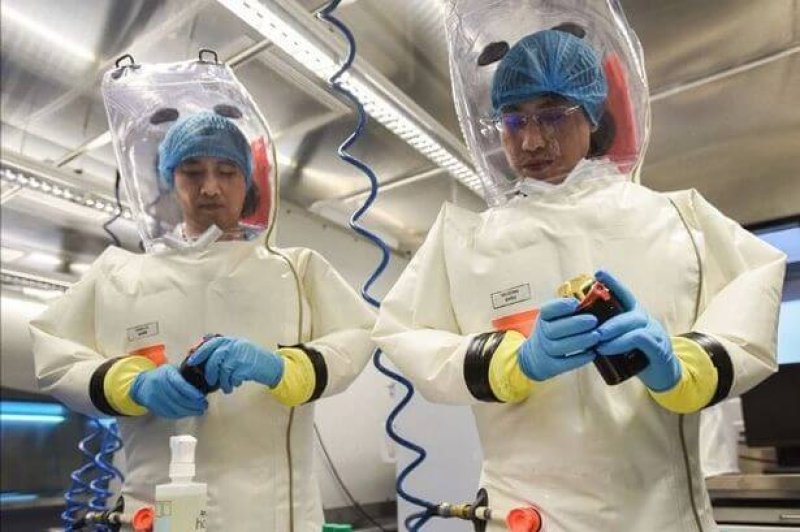A report on the origins of Covid-19 by a U.S. government national laboratory concluded that the hypothesis claiming the virus leaked from a Chinese lab in Wuhan is plausible and deserves further investigation, according to people familiar with the classified document.
The study was prepared in May 2020 by the Lawrence Livermore National Laboratory in California and was drawn on by the State Department when it conducted an inquiry into the pandemic’s origins during the final months of the Trump administration.
It is attracting fresh interest in Congress now that President Biden has ordered that U.S. intelligence agencies report to him within weeks on how the virus emerged.
The assessment is said to have been among the first U.S. government efforts to seriously explore the hypothesis that the virus leaked from China’s Wuhan Institute of Virology along with the dominant hypothesis that the virus spread naturally from animals to humans. Although some prominent scientists have called for a fuller probe of the lab hypothesis in recent months, many scientists still insist a natural spillover remains the most likely explanation.































